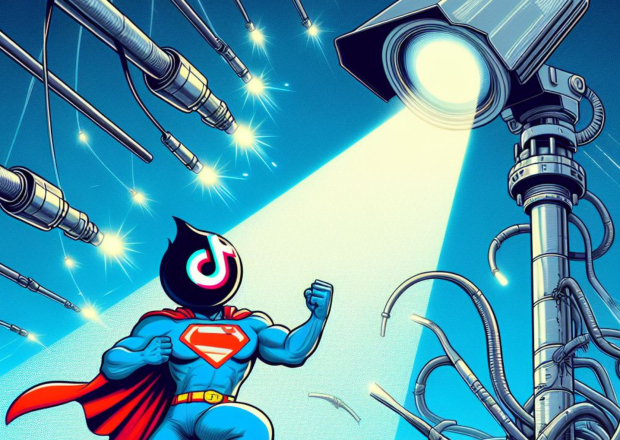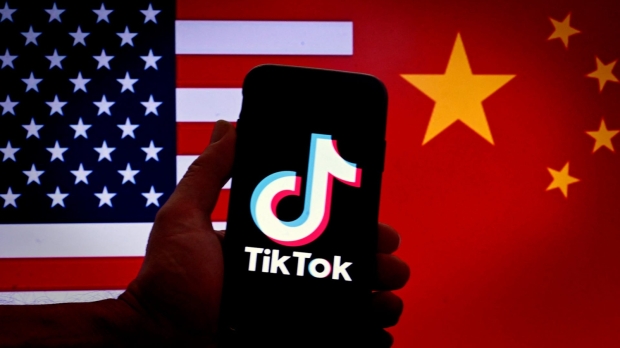It was in April of this year that the Senate passed a bill that banned TikTok from operating in the United States, as the software powering the application is now considered to be controlled by an adversary nation, China.

The new legislation that was passed deems TikTok a national security risk as the app has the ability to scrape the data of 170 million Americans, which could then be shared with China's government. According to lawmakers, the app having a China-owned parent company, ByteDance, along with its potential to spread misinformation in the US, has made it a dangerous piece of software. The US government is requiring ByteDance to sell its share of TikTok to an entity the US government is satisfied with or face a ban across both app marketplaces (App Store - iOS and Android - Google Play Store).
The US government has given ByteDance until January 19 to sell its share of TikTok or be forced to shut the app down across the US, which the Chinese company said at the time of the legislative decision wasn't enough time. ByteDance filed a temporary injunction to pause TikTok's US ban, but the District of Columbia Court of Appeals has found its claims "unwarranted," meaning the initial deadline of January 19 still holds. Notably, ByteDance can still file an appeal with the Supreme Court, which, if that court rules in ByteDance's favor, could prevent the TikTok ban.
"[T]he Government offers two national security justifications for the Act: to counter (1) the [People's Republic of China]'s efforts to collect data of and about persons in the United States, and (2) the risk of the PRC covertly manipulating content on TikTok," the Court of Appeals wrote in its judgement on Dec. 6. "[TikTok and parent company ByteDance] suggest an array of options none of which comes close to serving either, much less both, the Government's goals as effectively as does divestiture. Each consequently fails to qualify as a less restrictive alternative for purposes of the First Amendment."



